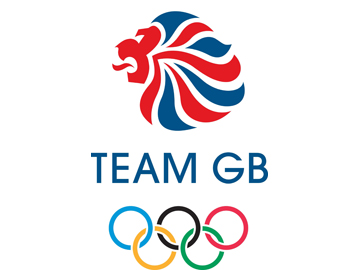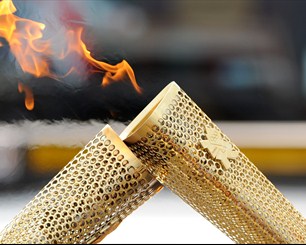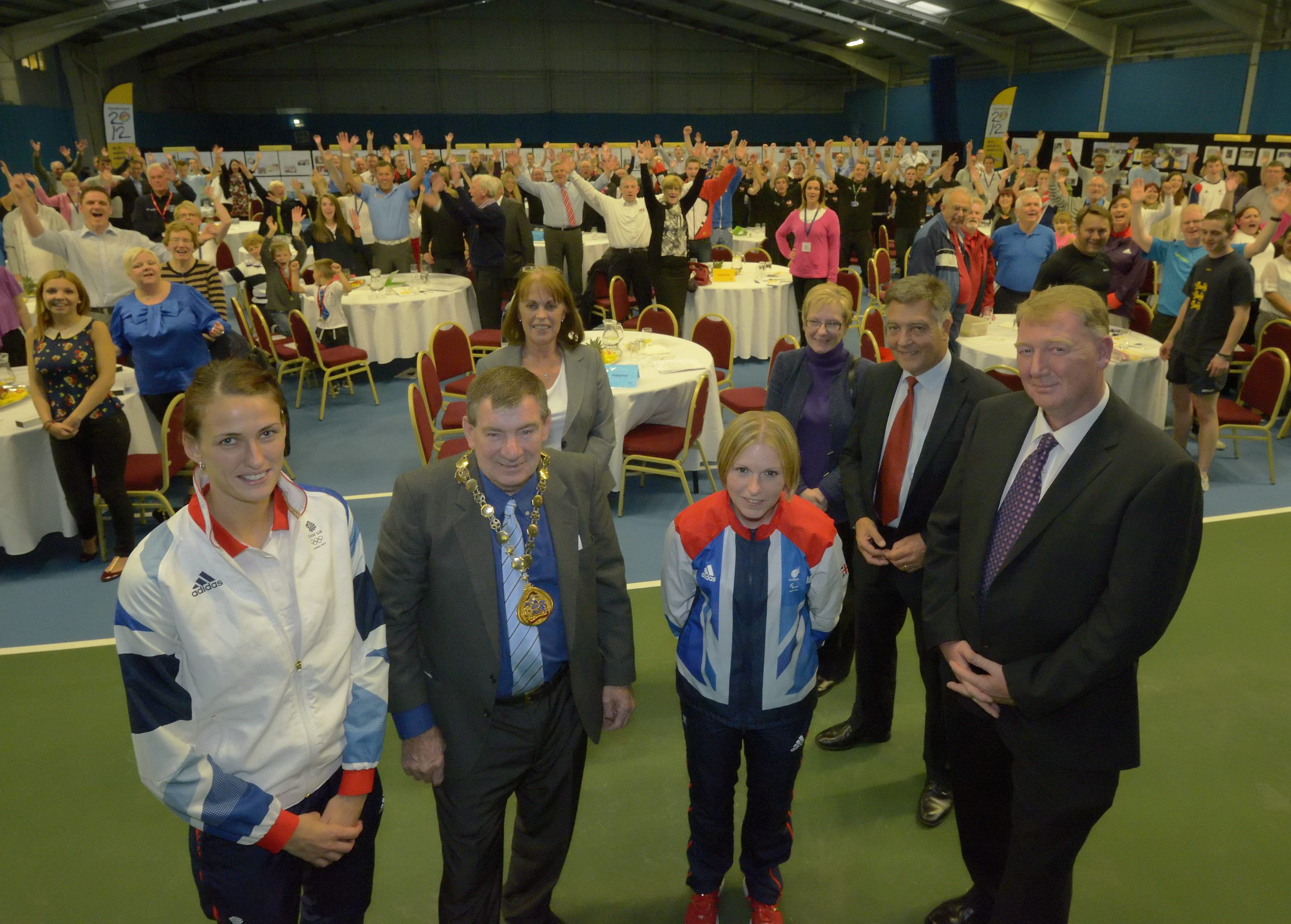
A Behind The Scenes View Of Our Olympic Success
Simon Hartley
Be World Class
We’ve all been blown away by the success of our Team GB Olympians over the past few weeks. Most people realise that their achievements are the result of many years of hard work, dedication, blood, sweat and tears. However, there is normally more to it than that. I’ve had the privilege of working behind the scenes in some of the Olympic programmes since the lead up to Athens in 2004. From my perspective, it is no surprise that we’ve seen more and more success in recent Games.
In Athens, 2004, Great Britain was placed 9th in the medal table with 9 Golds, 9 Silvers and 12 Bronze (a total haul of 27 medals). In Beijing we won 19 Golds, 13 Silvers and 15 Bronze medals, finishing a very respectable 4th behind China, USA and Russia. Interestingly, in Beijing we won more Gold medals than silver or bronze, which is a very positive move. In London, we surpassed most people’s expectation by finishing 3rd in the table. Team GB won 29 Gold medals, 17 Silver and 19 Bronze. The London Games actually gave us more Golds than our entire medal haul from Athens. In just 8 years, we have increased from 27 medals to 65.
So, what’s the behind this success? Is it simply the funding and investment? Does that explain everything?
I think that’s part of the answer. Funding can provide a lot. It provides facilities, equipment and travel budgets. Undoubtedly these are all important ingredients. However, I don’t believe that it gives us the complete answer. Funding can also buy time. It allows athletes to train full-time and buys in support staff. Those elements are definitely helpful, but that doesn’t tell the whole story either. Time can be wasted, so simply buying time doesn’t necessarily produce success. I believe that there is another dimension, which underpins our success. That element is … Thinking!
I had the enormous pleasure of working with one of the North East’s greatest Olympians, swimmer, Chris Cook. I remember one session, when Chris and I were working on his dive start. As Chris surfaced after one dive I asked him how it felt. He said, “my big toe was slightly out of line, I could feel the drag coming off of it so I’ll need to tuck it in”. This innocent sentence provides an insight into the level of thinking that goes into Olympic performances. It illustrates the search for the next tiny gain. You may have heard some coaches refer to ‘an accumulation of marginal gains’. Many Olympic sports adopt this approach. British Cycling have a ‘Marginal Gains Team’, who dedicate themselves to finding ways of shaving another 1000th of a second. In the lead up to Beijing 2008, British Sailing worked for months to find the best polish to apply to the hulls of the boats. They hydro-dynamically tested and re-tested a multitude of different products in an attempt to gain a fraction of a second advantage. I remember talking to double Olympic Gold medal rower, Steve Williams, about the changes they made to the aerodynamics of blades (oars to you and me), which might save them a small percentage on a 6 minute performance.
I believe that this level of thinking, attention to detail, scrutiny and diligence is at the heart of our Olympic success. During the past few years, I have been studying the traits of world-class performers, both in sport and outside. Unsurprisingly, I have found that the traits that I see in truly world-class athletes and sports teams (including Olympians) are also seen in high achievers such as Michelin star chefs, world leading adventurers, world record breakers and world champions across a huge range of disciplines. In fact, these traits and characteristics are things that we can all adopt.
During the Be World Class Conference 2012, we will examine how world-class performers think, how they make decisions, how they approach challenges and deal with set-backs. We will discover how business leaders can adopt the strategies used by Olympians and other world-class performers, to gain a distinct competitive advantage.
Simon Hartley is the founder of the Be World Class Conferences, author of How To Shine and Peak Performance Every Time.






